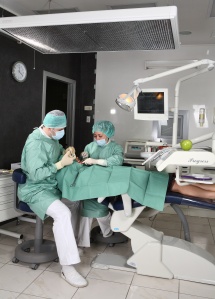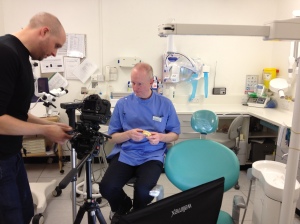Finding out what motivates your patients to visit you and what you can do to improve this – is the key to success.
Recently, the BDTA teamed up with Ragdoll to conduct an in-depth study of how the public perceive dentistry and their dental practice. The findings were rather interesting, including:
- 25% of the UK population do not currently visit a dental surgery
- Key reasons for non-visits included: cost, fear, disinterest and access
- Key reasons for visiting the dentist included: maintaining oral health, fear of what may happen if they do not visit, always visited regularly
- 76% claimed they follow their dentists advice
- Trust in a dentist is very important, outweighing the importance of their expertise
- Awareness is a key issue, 1/5 of participants were not aware of what services their current dentist offered
- Many respondents are unclear about pricing and pricing structure at the dentist – clarity of costs is needed
- ‘Good oral health’ is the most important factor for customers – fresh breath and healthy gums are key
- Local – is the best place to promote dentist services. Word of mouth also proved to be popular
Overall, the results show that communication is vital! Communicating your services, clear prices and using communication to build a solid relationship with your patients are needed. Patients rely on word of mouth recommendations and must trust their dentist – which all comes down to effective communication. So what are you waiting for?
For more information about the survey and to download a summary of results, visit http://www.bdta.org.uk/perceptions-of-dentistry.html


